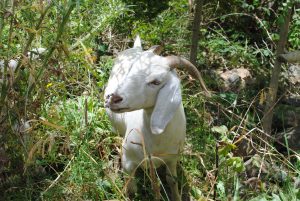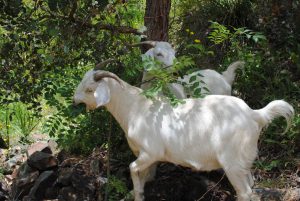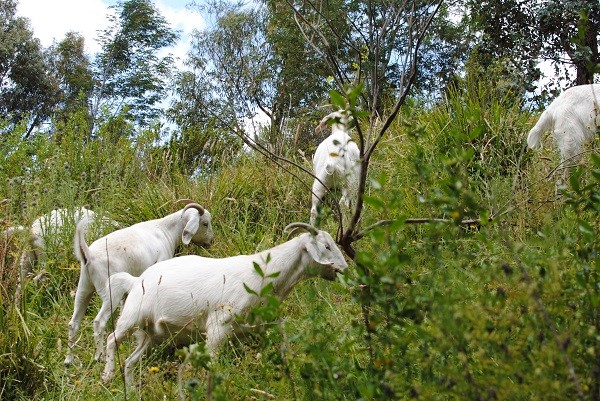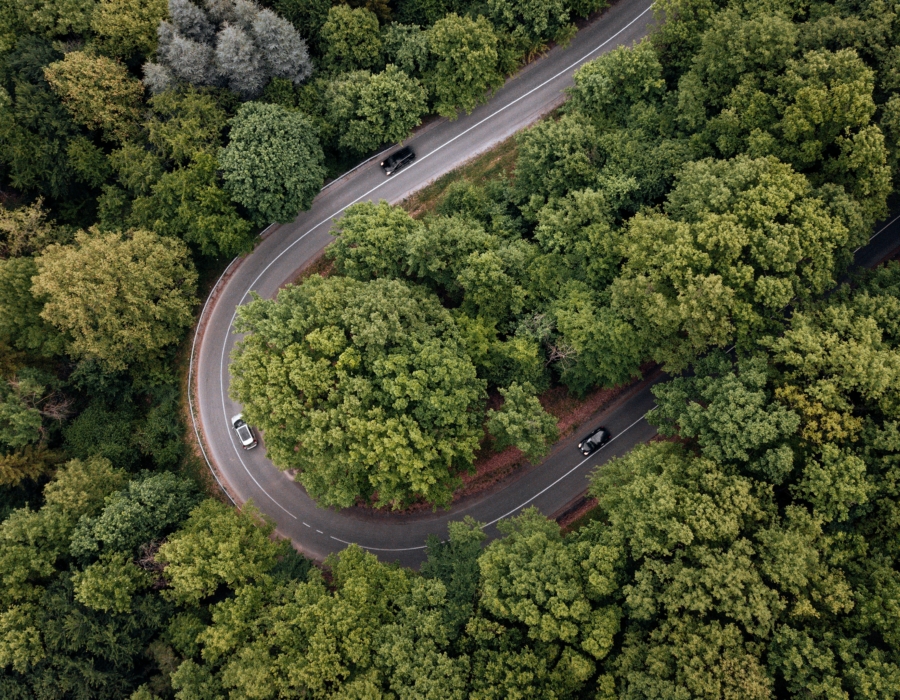This article is part of a series of selected ESG case studies submitted by participants in the 2017 GRESB Infrastructure Assessment.
“This initiative was proposed by one of our landscaping team members and the results have shown we can address workplace sustainability challenges through lateral, innovative thinking. This initiative has provided a safer work environment for our employees and yielded a more effective outcome through the use of natural resources with zero use of herbicides or pesticides”
– Murray Harding, General Manager Road Operations, EastLink
Purpose of the project
The EastLink landscaping team identified a parcel of EastLink land approximately one acre in size that needed to be cleared of woody weeds and non-native varietals, including blackberry and flax-leaved broom (both officially declared as “noxious weeds”). This area also needed to be cleared to reduce fire risk. The steep and rocky terrain meant traditional weed management activities were difficult, expensive and had safety risks for landscape maintenance staff.
Approach
The EastLink landscaping Leading Hand researched natural weed management techniques and discussed the need with a specialist from Graze Away – a company providing goats for habitat restoration projects. The approach of using goats is a novel one for a modern road asset but was considered feasible as long as the area was well contained. To ensure goat and public safety, the goats needed access to a reliable water source and had no access to the EastLink motorway area or EastLink bicycle and walking Trail.
Implementation
In December 2016 the first herd of 8 goats were introduced into the project area and two replacement herds cycled through over the following 9 months to keep the clearance rate up. The progress of weed clearance was regularly inspected to verify the effectiveness and coverage was as expected.
Results
Excellent results were seen with complete removal of weeds including blackberry and flax-leaved broom. Goats kill the weeds by pruning the foliage and leaf buds, which exhausts the root system and kills the plant. Unlike glyphosate (a herbicide), this means soil fungi, insects and worms are unharmed. All unwanted vegetation has been dealt with on-site by the goats, so no off-site handling. The potential fire load was also minimised and has not required further attention this summer. Now cleared, and with the addition of a little natural dung, the area will provide a better habitat for natural ground fauna and won’t need to be retreated for a number of years.
This case study was submitted by EastLink.





